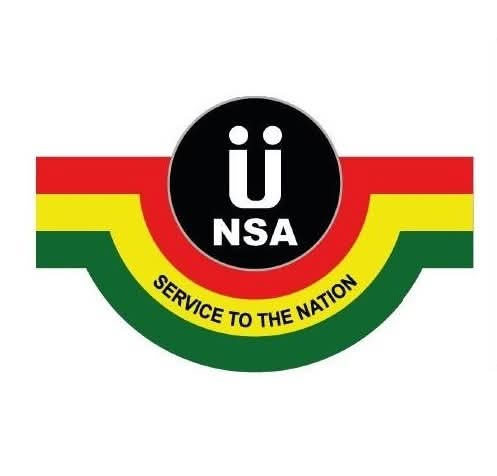|
Getting your Trinity Audio player ready...
|
National Service in Ghana is a mandatory rite of passage for university graduates. A one-year program of patriotism and service, it aims to instil a sense of responsibility and commitment to nation-building. On paper, it’s an excellent initiative. In practice, however, it has become a gruelling test of endurance for many young graduates.
The National Service Scheme (NSS) offers a monthly allowance of 715 Ghana cedis to personnel. While this amount is modest, it could provide some relief to service personnel if it were consistently paid on time.
Unfortunately, delays have become a norm, leaving personnel in precarious financial situations. The authorities often cite “technical issues” as the cause of these delays, but recent revelations have painted a more troubling picture.
According to recent reports, the NSS payroll has been infiltrated by over 40,000 fake identities over the past eight years. Allegations have surfaced pointing to corruption at the highest levels of the Scheme, with Gifty Oware Mensah, the current NSS boss, allegedly linked to this scandal. While investigations continue, the implications of such malpractice are devastating. Funds meant for hardworking young graduates have been diverted, deepening the struggles of those who genuinely depend on their stipends to survive.
The question that echoes across the nation is simple but profound: What is the future of Ghana if every opportunity is tainted by corruption? How can the youth—who are expected to lead tomorrow—find inspiration in leaders who exploit the system for personal gain?
For many NSS personnel, the service year is a harsh introduction to adulthood. Once they graduate, most parents stop providing financial support, assuming that the NSS allowance will suffice. But with delayed payments, personnel are left stranded. How do they commute to work daily? How do they afford meals?
This financial instability often pushes some into desperate measures. The link between such vulnerabilities and social vices like scamming and prostitution cannot be ignored. When a system fails its people, it inadvertently creates room for survival strategies that undermine societal values.
The NSS is meant to be a stepping stone for young graduates, not a pitfall. It’s time for the government and the National Service Authority to prioritize transparency, accountability, and efficiency. Delayed allowances and payroll fraud must become relics of the past.
To build a stronger nation, we must lead by example. Corruption at the top cascades downwards, eroding trust in public institutions and demoralizing the youth. If we are to cultivate a generation of patriotic citizens, we must first ensure they are treated with fairness and dignity.
Despite the challenges, many NSS personnel persevere. Their resilience is a testament to the Ghanaian spirit—a spirit that refuses to be broken, even in the face of adversity.
The NSS wahala must end. Young graduates deserve better. Ghana deserves better. And it starts with holding those in power accountable while creating a system that works for everyone.


